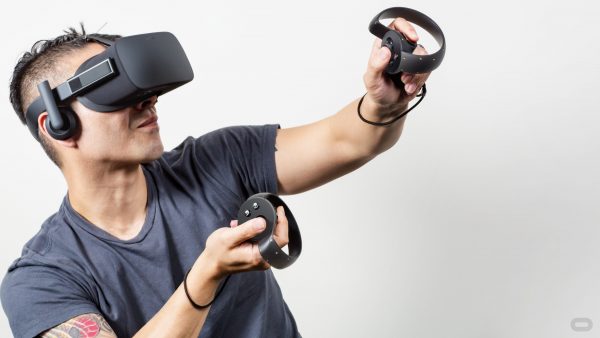Remember the good old days? You buy a game console and the releases flood in on an annual basis over a 5-10 year period, and that’s without the reminder or expense of upgrading the machine that actually runs the games. Yes, those were the days. However, 2016 is bringing to the table many challenges, which are expected to roll into 2017, but where will all of this take us? This is perhaps the real question and an area we are about to explore.
Let’s face it, technology is moving at an insane pace, something that is proving difficult for game developers and consumers to keep up with. For us players, it’s the game developers who are responsible for producing the awe-inspiring titles that we all demand and love to play. Taking a step back, developers generally plan well ahead, ensuring that the technology they are building their games around wouldn’t change. However, has all of the current uncertainty helped to create a game drought at the expense of tech acceleration? Possibly.
Take one look at what the XBOX One and PS4 has to offer and you’ll probably agree, there aren’t yet enough exclusive games available to warrant further hardware upgrades.
As mentioned, many game developers require certainty before setting out on a mission to develop the next must-have game – so is the emergence of Virtual Reality and 4K hindering the advancement of stunning content? This certainly seems to be the case.
Both 8th-gen consoles, the PS4 and XBOX One released back in 2013 and are both something we’d generally consider as the upper-beginning of a console life-cycle. With that said, the two juggernaut companies appear to be preparing an advanced edition of their consoles – and that’s less than three years down the line. This entire concept would probably be potentially welcomed by most gamers, that’s if there were more exclusive titles to enjoy on their systems to-date, which there aren’t.
Game developers love to understand the hardware and system that they’re aiming to release on, and it’s perhaps this current uncertainty that is delaying certain games from actually releasing. Perhaps once PS VR and the launch of PS4 Neo and the XBOX Scorpio are out of the way, maybe then we’ll begin to see a flood of quality titles for all to enjoy.
Seemingly, technology, game developers and consumers all need to merge together, forming a single bubble – but that doesn’t appear to be the case at this moment in time, helping to create much confusion. How can all three evolve together? Well, it’s called the cloud – nothing new, but a technology that is able to combine all three elements and produce one outcome.
What is the future, though? Take the example of Netflix, which is its very own platform, allowing consumers to connect to its catalogue of movies and stream them. The same concept is expected to apply with game providers too: PSN, XBOX Live and Steam. However, connecting to the technology would mean that you wouldn’t need to go through the process of regular hardware upgrades. This would be the service provider’s duty and responsibility. You’d actually connect to the technology opposed to owning it. This comes with many advantages, but some disadvantages, too.
A large problem faced with cloud computing is cost, internet connection speed, and privacy concerns, yet with the right approach this could be the answer we are all looking for in the near future. Imagine a time when all focus was on the games and content.
Once 4K enters the arena we should probably expect talk about 8K resolution within the coming years – but shouldn’t we put content first? Of course we should. Otherwise we are alienating consumers and developers, and this shouldn’t be considered a good move. It’s easy to forget why we buy a console, and owning the latest technology can be nice, but without the content it becomes quite pointless.
Finally, the line-up of exclusives is growing on both consoles, so there is plenty to look forward to over the next 18-months.
How do you feel about the current state of affairs? Do you feel that the two major consoles have enough quality titles available? Be sure to leave your feedback within the comment section further down this page.


